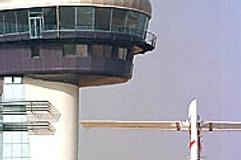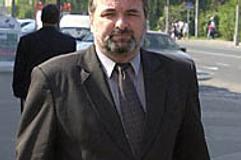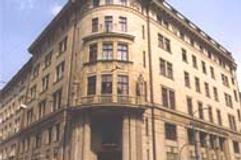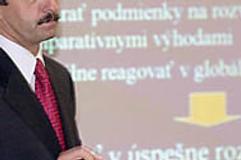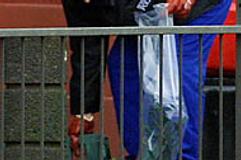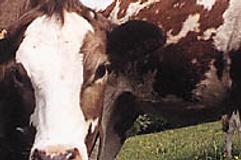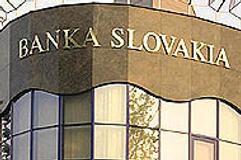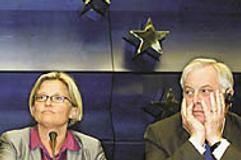- Last Week: And then they came for the NGOs
- What abides: Giving a shit
- Sixth case of foot-and-mouth confirmed in Slovakia
- Strange romance: Slovak leaders’ affection for Russia has yo-yoed
- Slovakia’s Gorals gain recognition. Historians say it is a joke. Photo
- From Mexico to Slovakia – finding a new life Audio
- Blame game erupts between culture minister and museum workers in Betliar row
- News digest: Thousands march as Fico stands by “Russian-style” NGO bill Photo
- What abides: Giving a shit
- Last Week: And then they came for the NGOs
- Štítnik resumes hand-crafting Christmas ornaments after 25 years
- A partnership centuries in the making
- Sixth case of foot-and-mouth confirmed in Slovakia
- From Mexico to Slovakia – finding a new life Audio
- Strange romance: Slovak leaders’ affection for Russia has yo-yoed
- From furniture to finance: businesses that shaped Slovakia’s market economy
- What abides: Giving a shit
- Last Week: And then they came for the NGOs
- Štítnik resumes hand-crafting Christmas ornaments after 25 years
- Weekend: On your marks, get set... Running and marathon season beckons
- Strange romance: Slovak leaders’ affection for Russia has yo-yoed
- A partnership centuries in the making
- News digest: Thousands march as Fico stands by “Russian-style” NGO bill Photo
- Sixth case of foot-and-mouth confirmed in Slovakia
- Foot-and-mouth outbreak hits major Slovak cattle farm near Austrian and Czech borders Photo
- What abides: Giving a shit
- Last Week: And then they came for the NGOs
- France and Slovakia: Believing, loving, and working together
- From Mexico to Slovakia – finding a new life Audio
- Trading McDonald’s for the front lines
- Last Week: As disease spreads, Fico no longer insists on a “different opinion”
- A paper that wasn’t supposed to last
- Last Week: And then they came for the NGOs
- Sixth case of foot-and-mouth confirmed in Slovakia
- News digest: Crisis, what crisis? Culture minister's empty limousine tours Europe
- Don’t be afraid to use cash, say entrepreneurs as transaction tax begins
- Štítnik resumes hand-crafting Christmas ornaments after 25 years
- Weekend: On your marks, get set... Running and marathon season beckons
- Top 10 events in Bratislava for foreigners
- From furniture to finance: businesses that shaped Slovakia’s market economy More articles ›





